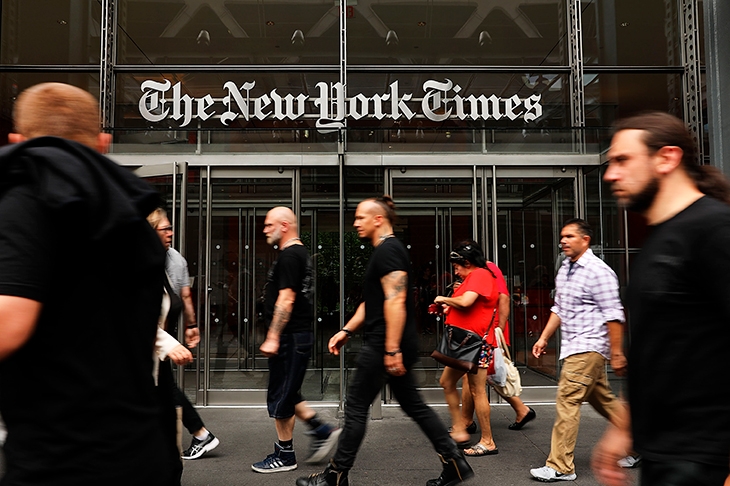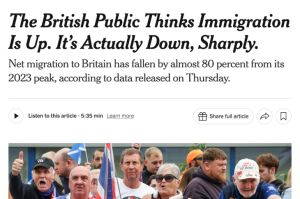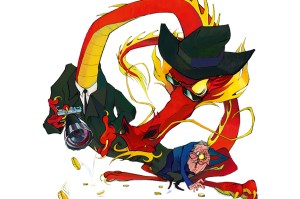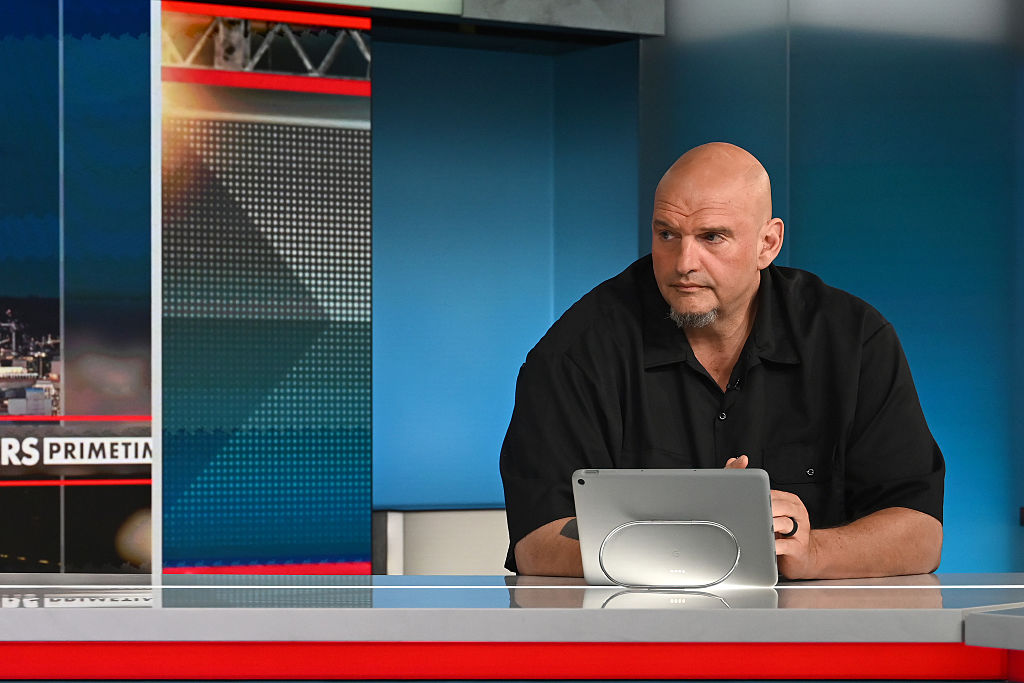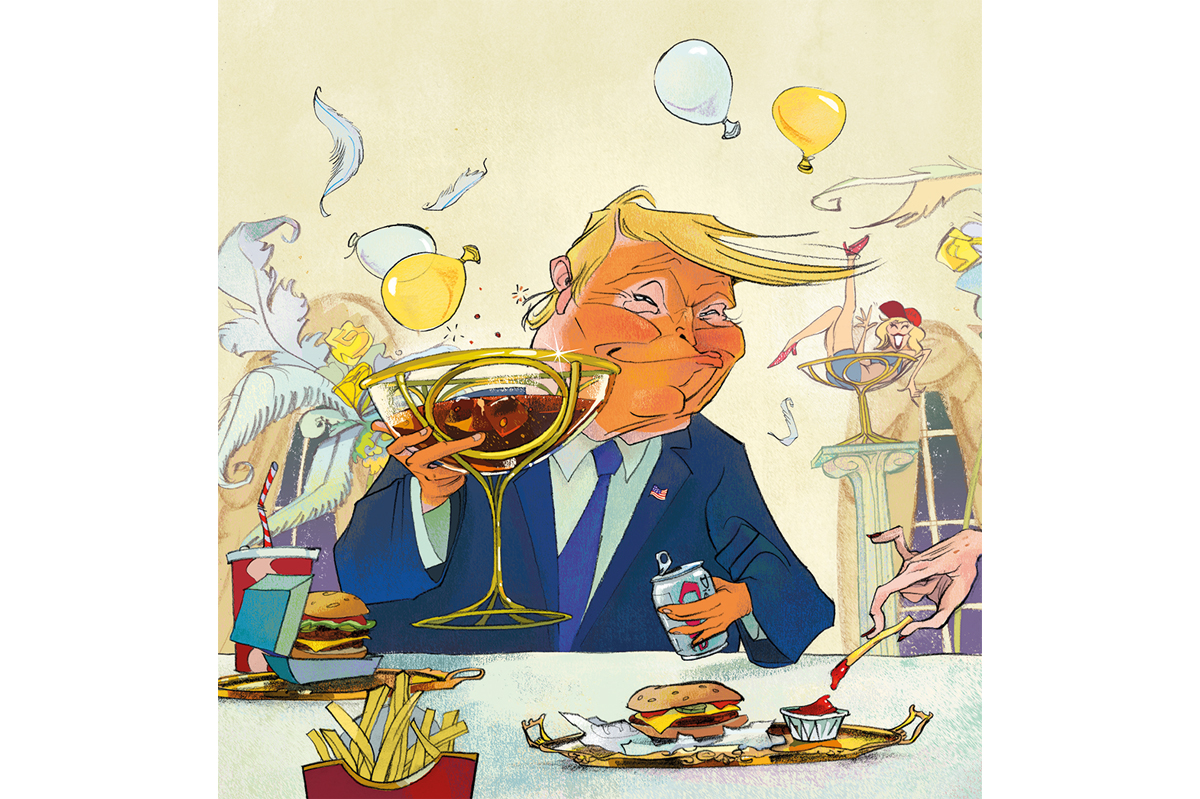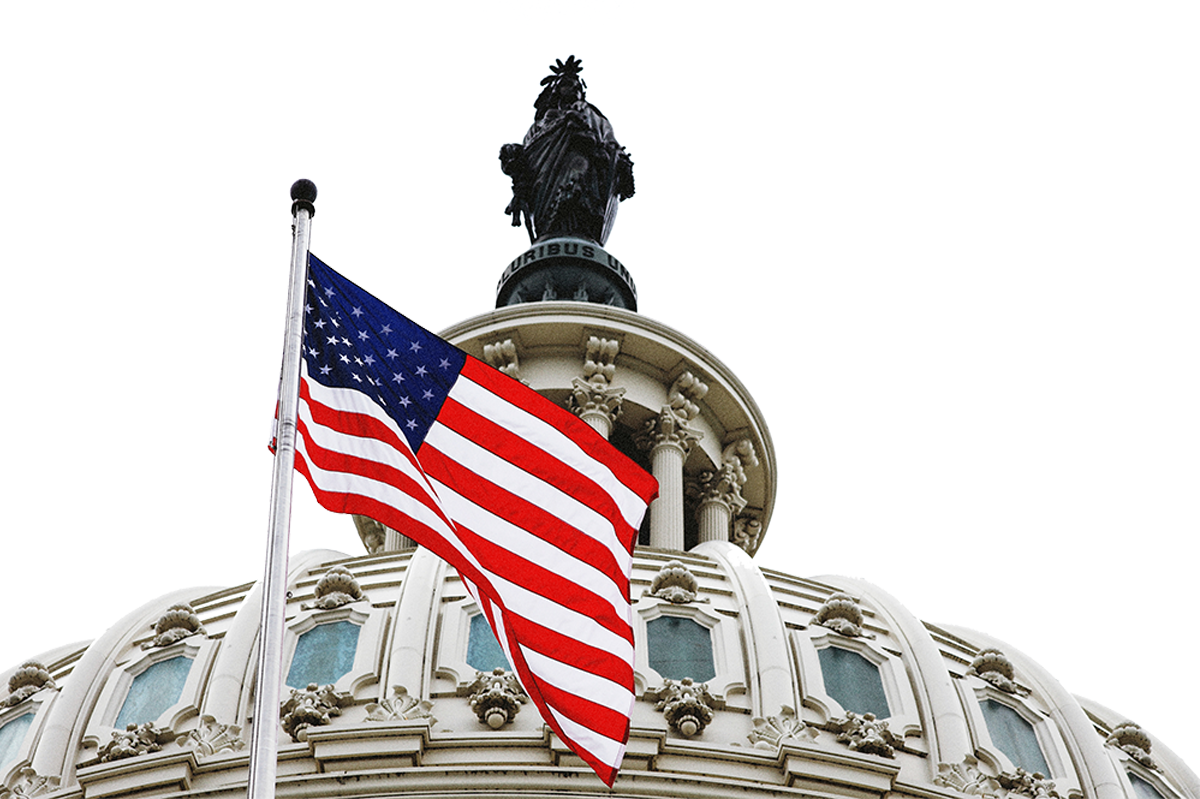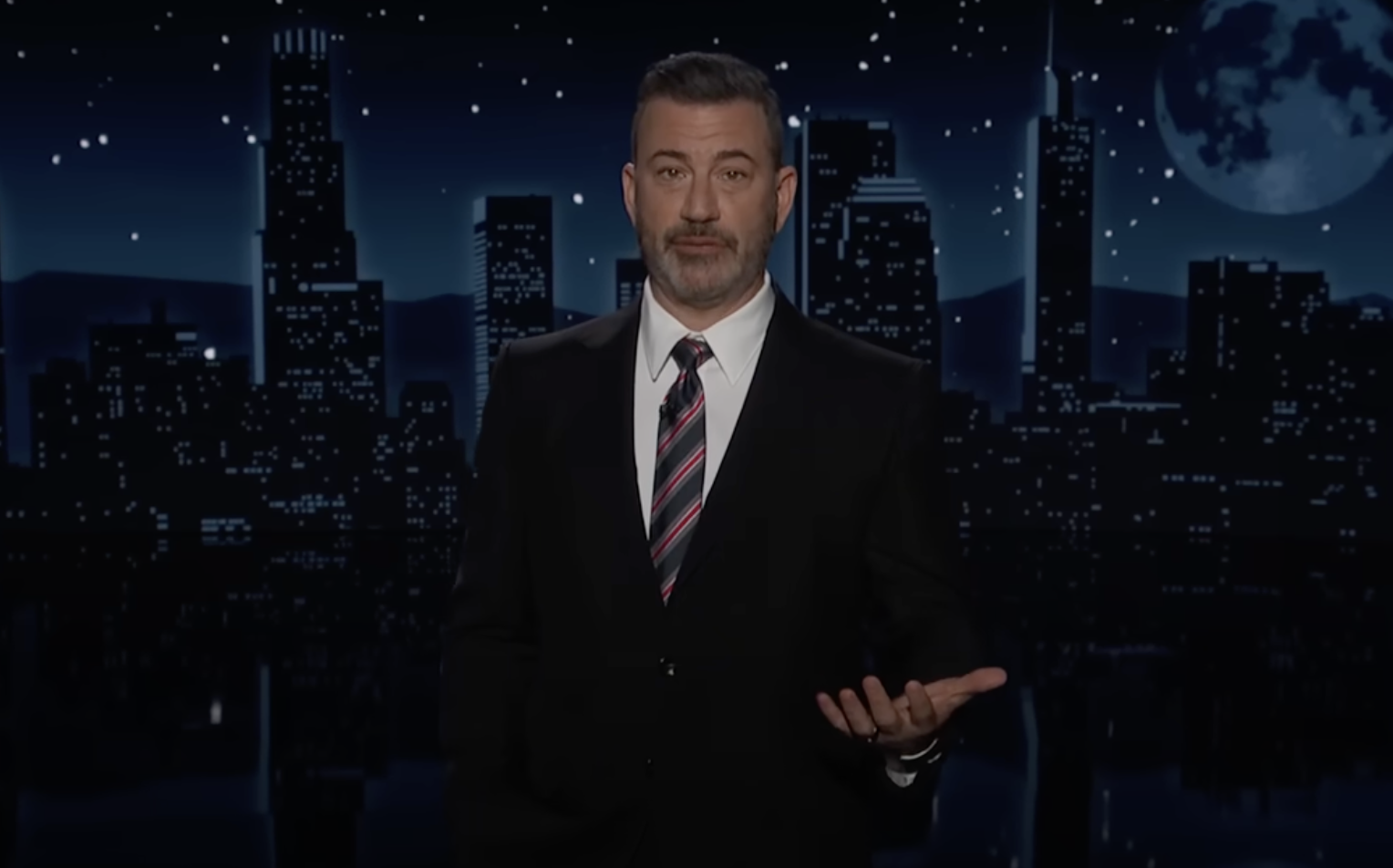It’s never a good sign when you’re watching a scene of street terror in yet another gut-churning YouTube video and you find yourself thinking: ‘Hang on a minute, that’s around the corner from my apartment!’ But there’s a now infamous video from last week where a mob of enraged millennials with their fists pumped in the air surrounded a lone young woman sitting outside a Washington restaurant where I often eat. Like a scene from the Cultural Revolution, the crowd demanded she shout certain slogans and raise her clenched fist in solidarity — or be damned as a racist. Most of her fellow diners took the path of least resistance. She wouldn’t. The chants grew louder: ‘White silence is violence!’ They started screaming in her face. She wouldn’t cave. Wokeness, in case you hadn’t noticed, has entered a more intense phase. Not so long ago, you were canceled for something you did or said or wrote. Now you’re canceled just for saying absolutely nothing at all.
I had a much milder experience of this during the past week when the New York Times decided to run a profile of me. The hook was that I was forced to leave New York magazine last month because, according to the NYT, I had not publicly recanted editing an issue of the New Republic published…in 1994. The issue was a symposium on The Bell Curve, a book by Charles Murray and Richard Herrnstein that explored the connection between IQ, class, social mobility and race. My crime was to arrange a symposium around an extract, with 13 often stinging critiques published alongside it. The fact I had not recanted that decision did not, mind you, prevent TIME, the Atlantic, Newsweek, the NYT and New York magazine from publishing me in the following years. But suddenly, a decision I made a quarter of a century ago required my being canceled. The NYT reporter generously gave me a chance to apologize and recant, and when I replied that I thought the role of genetics in intelligence among different human populations was still an open question, he had his headline: ‘I won’t stop reading Andrew Sullivan, but I can’t defend him.’ In other words, the media reporter in America’s paper of record said he could not defend a writer because I refused to say something I don’t believe. He said this while arguing that I was ‘one of the most influential journalists of the last three decades’. To be fair to him, he would have had no future at the NYT if he had not called me an indefensible racist. His silence on that would have been as unacceptable to his woke bosses as my refusal to recant. But this is where we now are. A reporter is in fear of being canceled if he doesn’t cancel someone else. This is America returning to its roots. As in Salem.
[special_offer]
One of the more surreal experiences of getting older has been watching Boris Johnson and Keir Starmer rise to the top in the country I left many years ago. It’s surreal because at school in the 1970s I spent a small part of almost every day debating Keir; and at Oxford in the early 1980s I watched Boris rise in the Union. Boris was then who he is now: a charming bullshitter. I liked him because he made me laugh, didn’t take himself too seriously, and wouldn’t compensate or apologize for his ridiculous toffishness, which was a nice change from all the other Etonians. But I was closer to Keir. Every morning, we both took the 428 and 410 buses, if I recall, from our respective homes, East Grinstead and Oxted, to Reigate Grammar. I was a diminutive, bespectacled, very uptight young Thatcherite, and Keir was a near-Bolshevik bruiser, with a Bay City Rollers haircut, a fat tie, an unbuttoned collar and an air of real roughness. The arguments began on the bus, and got more intense in 1975, when Thatcher became Tory leader, escalating through to 1979, when Keir and I were all but screaming at each other on a daily basis. It wasn’t all politics, of course. The morning after the previous night’s Monty Python, we’d be trying to remember the best lines, shouting over each other, to the general consternation of the good local folk of Godstone and Redhill.
I guess we both mellowed. But Keir also transformed himself into someone far more polished and professional than I remember. The difference between him and Boris is that Keir has obviously matured, and Boris seems incapable of that. Keir, for his part, still loves hanging out with his old mates, has made time to stay in touch, and we’ve had some lovely reunions. Boris wouldn’t even let me interview him when I was over to profile him for New York magazine in December. Maybe next time, old bean. But I don’t have a magazine to write for any more.
Andrew Sullivan is a journalist, author and former editor of the New Republic. He has recently relaunched his weekly Dish newsletter, website and podcast. This article was originally published in The Spectator’s UK magazine. Subscribe to the US edition here.



